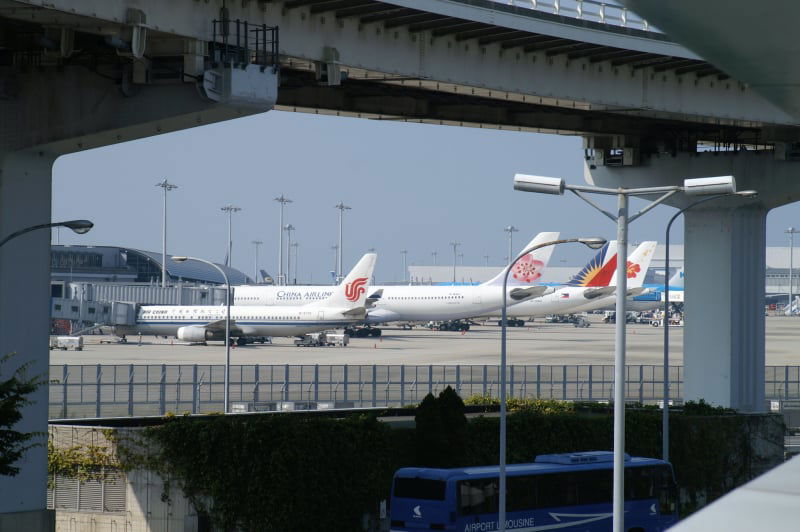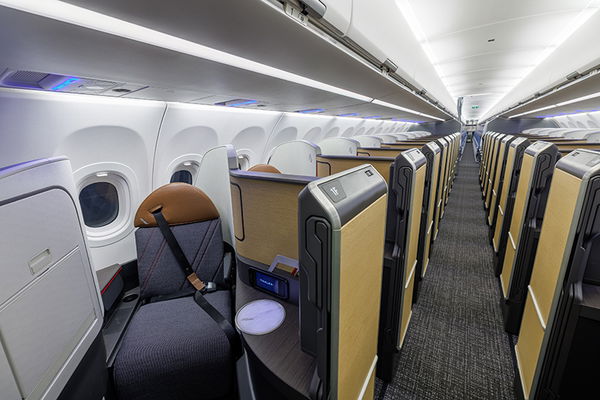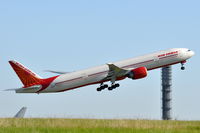This Japanese Airport Has Not Lost A Single Bag Since Opening In 1994

Featured image: Hideyuki KAMON/Flickr | CC BY-SA 2.0 Generic
You arrive at your destination, excited to start your holiday or get cracking on a work assignment. You go to your assigned baggage carousel to collect your checked luggage, and wait and wait, only to realize your bag never made it. Maybe it’s at another belt or already taken off and stowed aside? After some time passes by and you chat with lost and found, they give you the bad news that your bag has been mishandled for whatever reason.
The term “mishandled” is pretty broad and can cover many scenarios such as being delayed as a result of a tight connection, or mistakenly being loaded onto the wrong aircraft. Other issues such as a damaged bar code or ground handling error could also slow your bag from being loaded in time for the departing flight.
In most cases, the ground handling companies reunite passengers and their misplaced luggage, but there are the few instances where a mistake can result in bags being lost entirely.
Based on global data from SITA and IATA for 2023/2024, about 44 bags are lost per 100,000 bags checked in. Europe sees the highest average at 98 per 100,000 while North and South America, and the Middle East are closer to 35. The Asia-Pacific region does the best job, keeping averages well below the rest at 15 lost bags per 100,000 bags checked.
There’s one major airport that holds the record for losing no bags, and has managed to do this since its opening more than 30 years ago.
One would think that Kansai International Airport (KIX) near Osaka, Japan has some type of extremely efficient, or technologically groundbreaking baggage handling system. However, after opening in September 1994, almost 31 years later and handling about 10 million bags yearly, the key to keeping order is actually limiting the number of members interacting with designated checked luggage per flight.
At most there are two to three employees overseeing the movement from check in to aircraft loading. The airport believes that combining highly trained staff, allowing for more information sharing and putting the onus on a few rather than many, ensures that all bags are loaded on the correct flights.
Besides having a fully integrated and automated baggage system, airline employees also meticulously handle bags, ensuring that barcodes can be correctly scanned and won’t get scuffed during its journey around the airport.
Airlines aim to have bags offloaded at delivered to the customer within 15 minutes, and any bags that are misplaced are quickly located thanks to their integrated baggage management system and other open communication policies.
Of course, these stats only reflect those handled by Kansai staff, and a bag loaded onto a flight destined to Kansai, but ending up elsewhere is obviously out of their hands.
On the whole, Japanese airports take great care when handling customers’ checked bags. Statistically, Japan has much lower instances of mishandled bags, and I’m sure you would have seen numerous viral videos of bags being neatly laid out and sorted at the carousel, with some even being wiped down if they get wet from rain or snow.



